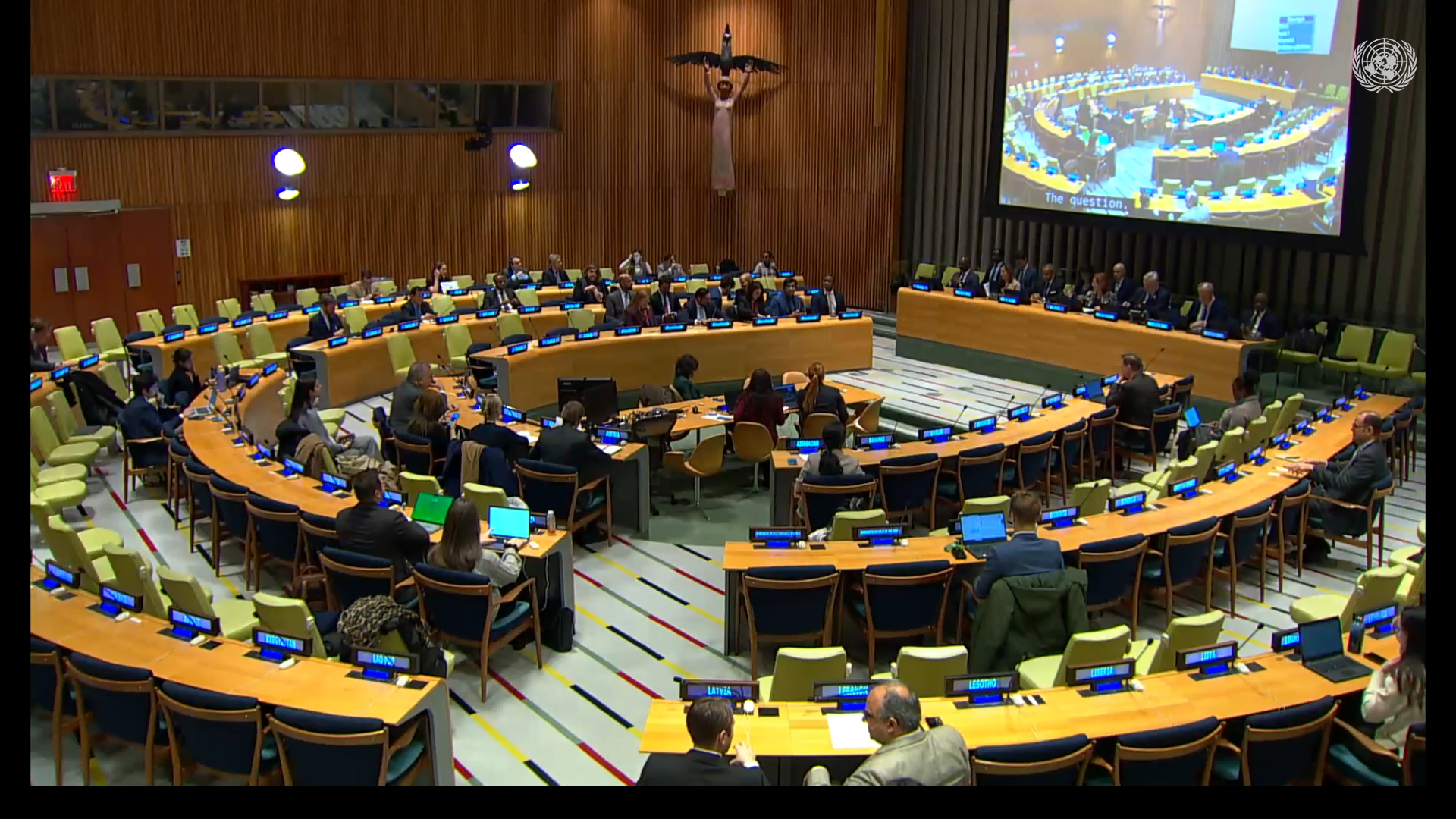Suljagic and Lagumdzija in New York: Culture of remembrance , not of denial

The UN’s Genocide Prevention Office held an event to mark the International Day of Commemoration and the 76th anniversary of the Genocide Convention. This year’s gathering in New York came at a meaningful time, falling between two key anniversaries: Rwanda marking 30 years since the Tutsi genocide in April 2024, and Bosnia preparing to commemorate 30 years since the Srebrenica genocide in July 2025.
Oglas
Representatives from Rwanda and Bosnia shared their experiences. Emir Suljagic, the head of the Srebrenica Memorial Center, and Zlatko Lagumdzija, Bosnia’s UN ambassador, spoke about the importance of honouring victims and using those memories to prevent future atrocities.
Suljagic talked about how commemoration helps fight discrimination and violence. He reflected on how, at that very moment, thousands of people were being released from detention in Syria after years of captivity. For him, it was a stark reminder of why it’s so important to preserve memories and share stories, so the scale of atrocities doesn’t get lost with time. He emphasized that commemorating is about choosing what stays in history and what gets left behind. For Srebrenica, he highlighted efforts to educate others and raise awareness, saying that memorials aren’t just about the past but about shaping a better future.
He also underlined the importance of preserving survivors’ experiences. According to him, collective memory isn’t just proof of genocide but a testament to the resilience of communities. By sharing these stories, people come together to prevent history from repeating itself. Commemorations, he said, also play a big role in creating dialogue and addressing trauma, while memorial institutions can influence policies that protect human rights and promote justice.
Lagumdzija spoke about how commemoration can have a bigger impact, moving from national to international levels. He said it’s unfortunate that humanity needs a convention to define crimes like genocide, but it’s even sadder that having such a convention hasn’t stopped these crimes completely. He stressed that ignoring the lessons of the past leads to consequences and that remembering victims helps prevent future violence.
He pointed out that Srebrenica’s genocide is not a matter of debate—it’s a historical fact supported by international courts. He said that preserving the truth through remembrance is one of the strongest ways to fight denial and hate speech, which can lead to another form of erasure for the victims. For him, the goal of remembrance is simple: to ensure that genocide doesn’t happen again, anywhere.
The event focused on how commemoration and memorialization are not just about paying respect to the victims but also about preventing future genocides. By promoting education, preserving testimonies, and fostering a culture of social cohesion, these efforts aim to counteract denial and keep the memories alive. The UN’s Genocide Prevention Office explained that these initiatives tie directly into the Genocide Convention’s core missions of prevention and accountability. Through education, memorials, and partnerships, the goal is to make sure these lessons aren’t forgotten.
Kakvo je tvoje mišljenje o ovome?
Učestvuj u diskusiji ili pročitaj komentare
Oglas
Kakvo je tvoje mišljenje o ovome?
Učestvuj u diskusiji ili pročitaj komentare
Oglas





 Srbija
Srbija
 Hrvatska
Hrvatska
 Slovenija
Slovenija



























































